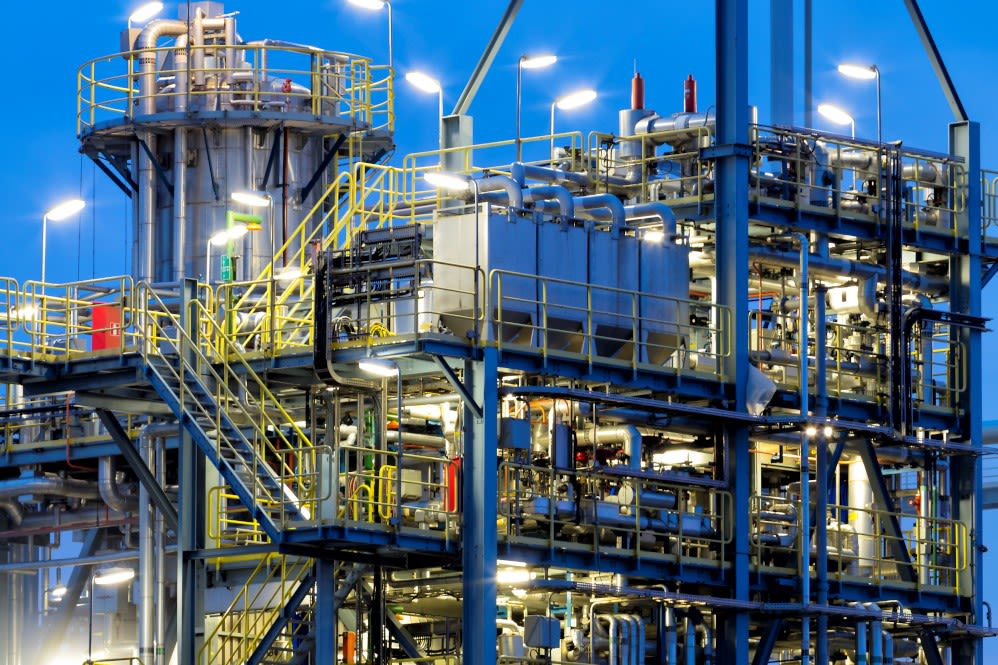Bain eyes technology buys as sellers slowly return to M&A market
- PE giant sees opportunities in app software, data for AI, cloud computing
- Antitrust remains a headwind for add-ons and strategic buys of private assets
Bain Capital Private Equity expects a thaw in sponsor-to-sponsor M&A, along with the return of strategic sales, to help pace a measured rebound in technology transactions this year, said David Humphrey, Global Head of TMT and co-head of the North America PE business.
Rising interest rates and falling valuations kept owners of quality technology assets largely on the sidelines last year, helping send the number of TMT sponsor buyouts to its lowest level since 2013, Mergermarket data shows.
The volume of USD 91.40bn was down more than 40% from the prior year, marking the lowest equity dollars invested since 2018.
Nonetheless, the end of the upward momentum cycle – with incessantly rising prices on all assets – offers a welcome opportunity for investors that can partner with businesses to help them scale. “We look forward to investing in environments like this,” Humphrey told this news service.
The price for growth has come down significantly from the days of post-pandemic froth. “We think there’s potential to invest behind secular growth and innovation but at more reasonable fundamental values than in 2020 and 2021,” he said.
While financing remains costly and challenging, congestion that plagued the syndicated debt markets at the start of 2023 has improved, the base interest rate has been moderating and spreads have been coming down, Humphrey explained.
Activity in North America accounted for about 48% of global TMT sponsor buyout volume in 2023, down from more than 67% in the prior year, the figures show.
A more accommodating rate outlook, combined with rising public equity markets will help narrow the gap between buyer and seller valuation expectations, which at some point should free the backlog of transactions that continues to build in pipelines, the investment leader said.
“We anticipate sponsor-to-sponsor transactions to pick up in 2024, which have happened less frequently over the last 18 months,” Humphrey said.
Strategic buyers are also returning to the fray and Bain expects that an uptick in strategic sales that began in late 2023 will continue in 2024, he said.
The sponsor has a strong pipeline entering this year and has been engaged with bankers and PE firms exploring exits for portfolio companies.
Bain sees a lot to be interested in across generative AI and related plays in businesses with scarce, proprietary data. Cloud-related infrastructure and security are also attractive, and the firm continues to peruse software application leaders, Humphrey said.
“We’re seeing several attractive investment opportunities in this market where we can help companies grow by partnering with them to drive operational and strategic value, even in a higher interest-rate environment,” he said.
Antitrust enforcement under the administration of President Joe Biden has added another complication to some private equity deals, particularly in situations involving sales of privately owned assets to strategic acquirers or add-ons to portfolio companies.
In such cases, investors must increasingly consider how regulatory risk should be shared between buyer and seller. “With an evolving environment in those situations, we continue to think carefully about how to assess those risks,” Humphrey said.
Regulatory concerns have been less of a factor in transactions where a financial buyer is merely acquiring an asset, he explained.
There is also hope that the slightly improved IPO market of 2023 will continue to gain momentum in 2024. “The public equity markets are open but are discerning and picky,” he said.
“I think the markets will continue to open up and we’ll see some IPOs; maybe not a rush but a steady increase,” Humphrey said.











